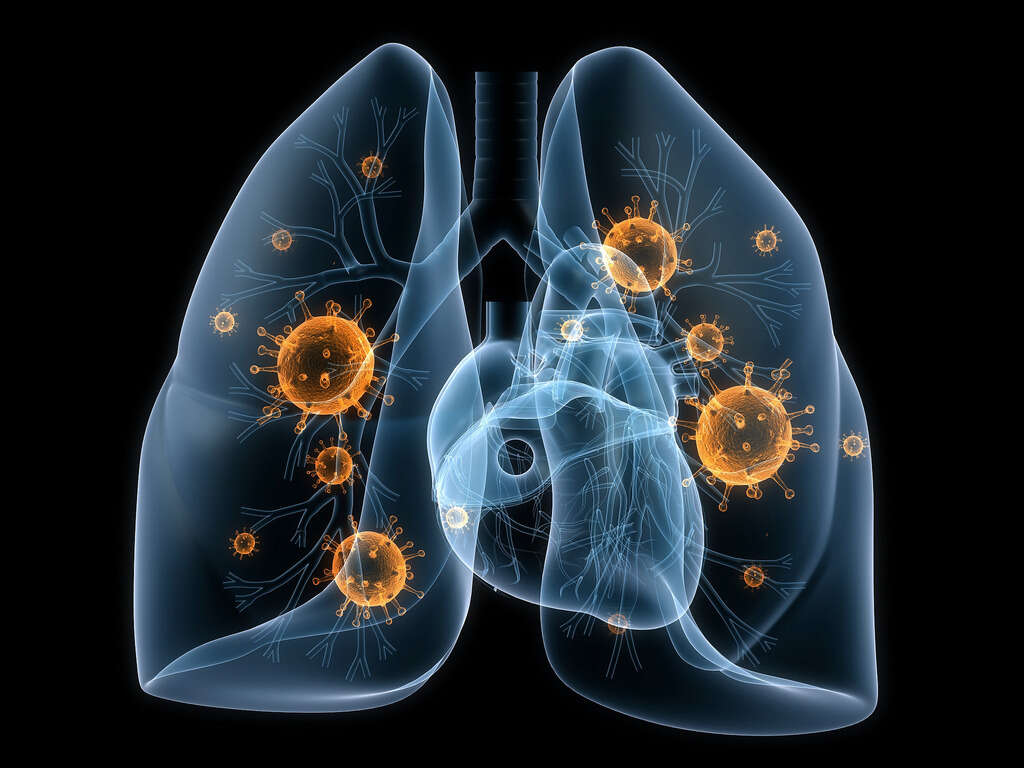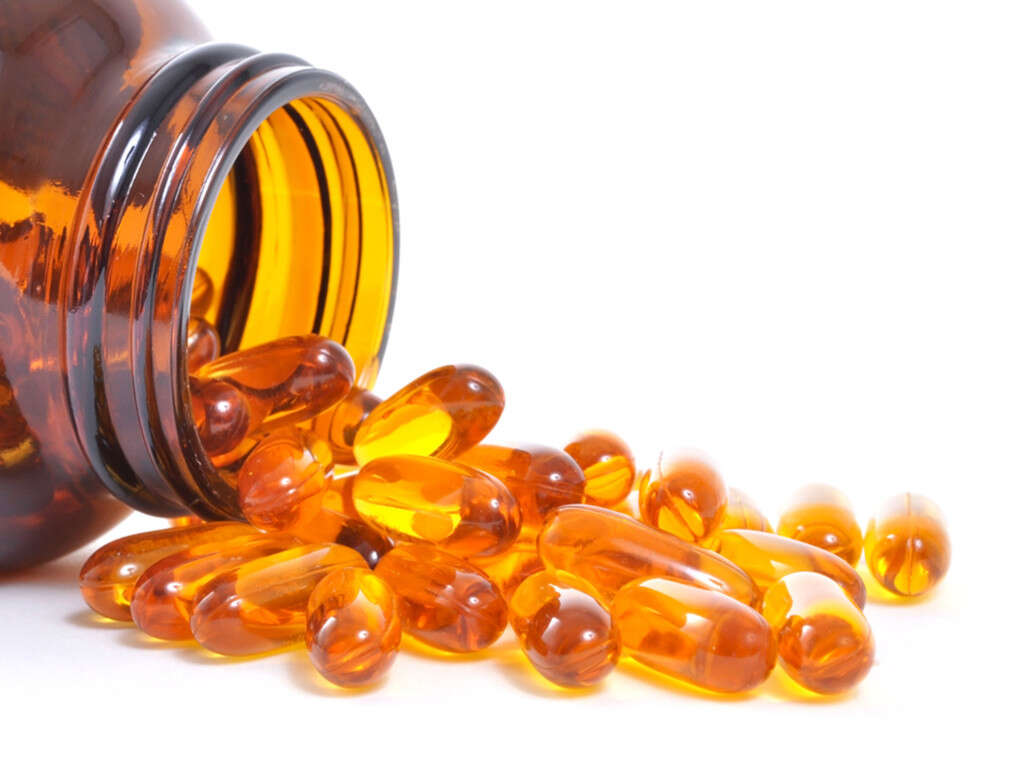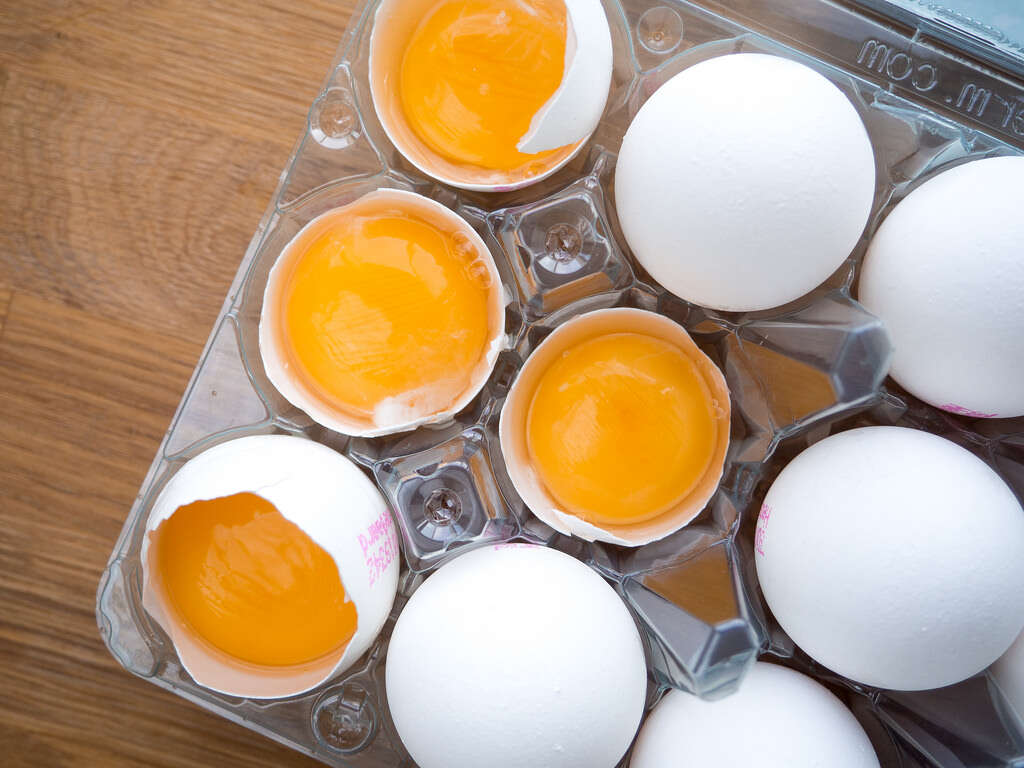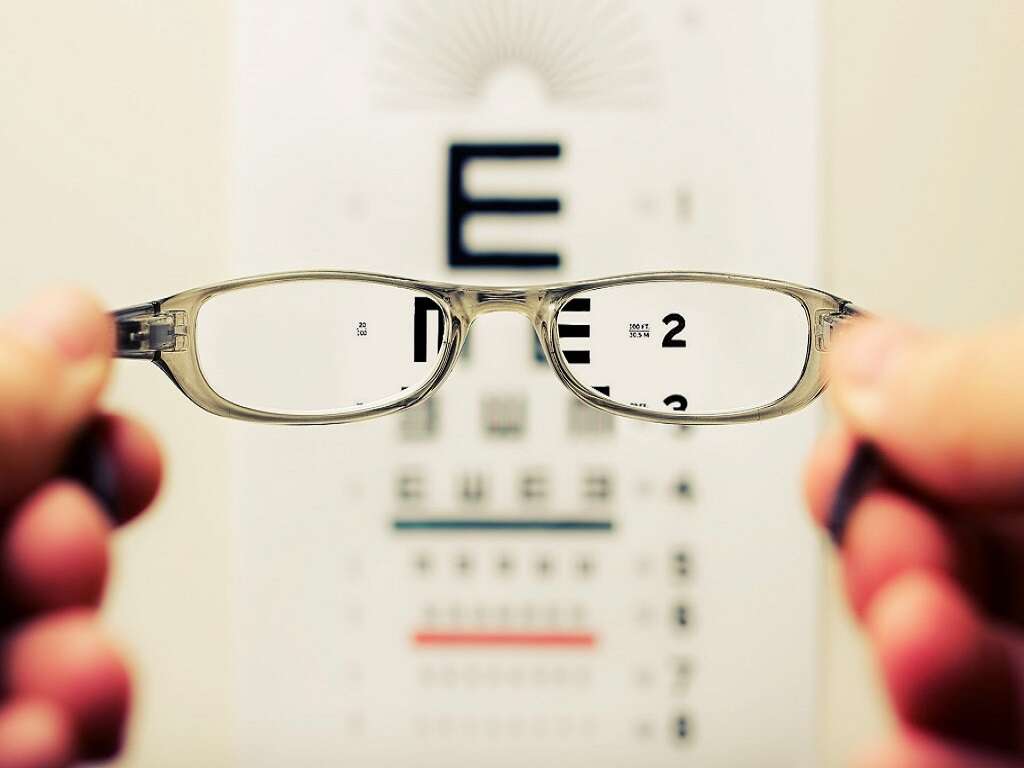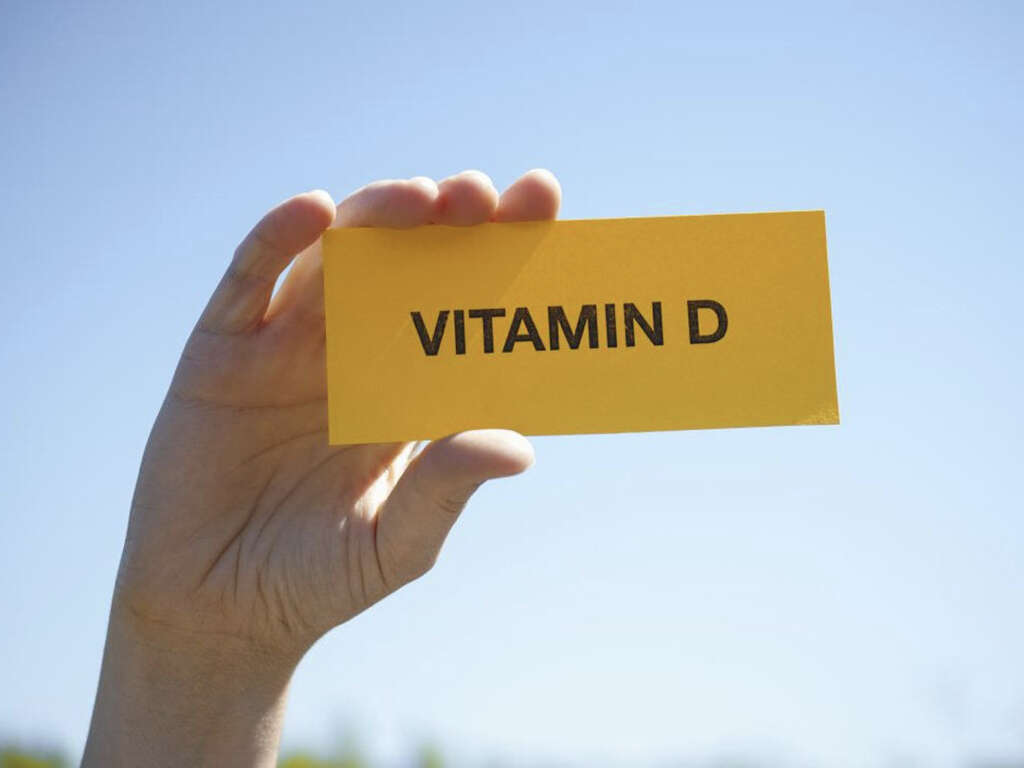10 Benefits of Vitamin E
 Article Sources
Article Sources
- 1. 'Vitamin E.' The Nutrition Source, Harvard University, 2 July 2019, www.hsph.harvard.edu/nutritionsource/vitamin-e.
- 2. 'Vitamin E.' Office of Dietary Supplements (ODS), 22 Sept. 2020, ods.od.nih.gov/factsheets/VitaminE-Consumer.
- 3. 'Vitamin E and Risk of Age-related Cataract: a Meta-analysis.' PubMed, https://pubmed.ncbi.nlm.nih.gov/25591715.
- 4. 'Vitamin E As a Treatment for Nonalcoholic Fatty Liver Disease: Reality or Myth?' PubMed, https://pubmed.ncbi.nlm.nih.gov/29337849.
- 5. 'Regulatory Role of Vitamin E in the Immune System and Inflammation.' PubMed Central, https://www.ncbi.nlm.nih.gov/pmc/articles/PMC7011499.
Natural vitamin E comes in eight different forms, but alpha-tocopherol is the most common form available in supplements. It's a fat-soluble vitamin, and its primary function is to eliminate free radicals from the body. Free radicals are molecules with unpaired electrons that scavenge for cells and damage them.
Vitamin E is found in foods, such as almonds, peanuts, olive oil, leafy greens, eggs and meats. Its also available in supplement forms, including oil capsules, powder and bottled liquid. As with any vitamin supplement, consult a doctor before taking vitamin E.1‘Vitamin E.’ The Nutrition Source, Harvard University, 2 July 2019, www.hsph.harvard.edu/nutritionsource/vitamin-e.
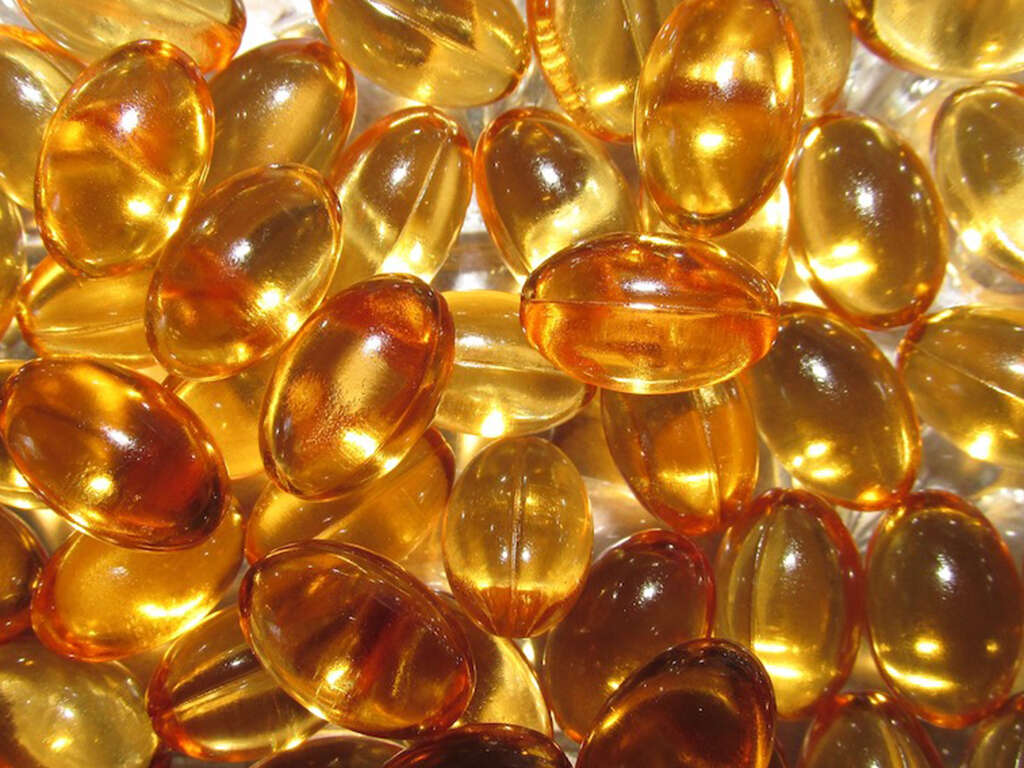
1. Pregnancy and Preeclampsia Benefits
It's rare for adults or children to have a vitamin E deficiency unless they are severely malnourished. When a woman is pregnant, not eating enough foods with vitamin E may cause low blood levels. Some studies suggest an oxidant/antioxidant imbalance could be a factor in preeclampsia, and taking vitamin E may help.
Vitamin E may also reduce inflammation and keep blood pressure levels closer to normal. It's vital to maintain normal blood pressure levels while pregnant and dealing with preeclampsia. However, vitamin E can interfere with the body's absorption of some prescription medications. Always check with a physician before taking vitamin E.2‘Vitamin E.’ Office of Dietary Supplements (ODS), 22 Sept. 2020, ods.od.nih.gov/factsheets/VitaminE-Consumer.

2. Nervous System Benefits
Vitamin E might help with the proper transmission of electrical signals between neurons in the brain and body. More evidence is needed, but vitamin E could aid in the treatment of some nervous system disorders, such as dementia, including Alzheimer's disease, and conditions, such as epilepsy.
Some research shows vitamin E can also help manage ataxia, an inherited movement disorder related to low vitamin E levels. Vitamin E supplements are part of standard treatments for ataxia.

3. Helps With Cataracts
For many, getting older commonly means developing cataracts. This debilitating eye condition requires surgery to remove the eye's damaged lens and replace it with an artificial one. Studies suggest vitamin E and its antioxidant properties could assist the body in repairing the retina and cornea and help prevent cataracts.
Eating more foods rich in vitamin E and taking vitamin E supplements increases vitamin E levels in the blood. Increased blood serum levels of tocopherol were associated with a decreased risk of age-related cataracts.3‘Vitamin E and Risk of Age-related Cataract: a Meta-analysis.’ PubMed, https://pubmed.ncbi.nlm.nih.gov/25591715.

4. Slows Damage from Liver Disease
Although vitamin E may not prevent liver disease, studies show it may slow the advancement of the damage. Nonalcoholic fatty liver disease, or NAFLD, is the most common liver disease in adults and children. NAFLD is known to be caused by obesity and metabolic disorders, such as insulin resistance and high cholesterol.
Oxidative stress is believed to be a primary factor in NAFLD. Taking vitamin E supplements may assist by adding antioxidant properties to the blood to combat oxidative stress.4‘Vitamin E As a Treatment for Nonalcoholic Fatty Liver Disease: Reality or Myth?’ PubMed, https://pubmed.ncbi.nlm.nih.gov/29337849.

5. Helps With Arthritis
There are several forms of arthritis, and one of the most common is osteoarthritis, a slow-progressing and degenerative joint disease. Other forms of arthritis are inflammatory. Arthritis remains active in the body, doing damage to joints silently. Evidence shows that vitamin E can have anti-inflammatory and pain-relieving abilities to relieve symptoms of arthritis. The antioxidant properties of vitamin E are said to reduce free radicals and inflammation.
Vitamin E supplements could reduce joint pain while resting or moving and may reduce structural deformation of joints.

6. Antiaging Benefits
Most people want their skin to remain soft and supple as they age. The number of skincare products on the market attest to this venture. Still, antiaging products don't seem to slow the wrinkles.
Vitamin E's potent antioxidant properties are said to help slow the aging process. Part of vitamin E's free radical destruction is protecting fibroblasts, the skin cells that make collagen. Collagen keeps skin healthy and younger-looking. It prevents premature and may help sun-induced wrinkling.

7. Soothes Sunburns
Most people love being out in the sun, chasing the perfect tan. But lying out in the sun for long periods without using sunblock on the skin may cause sunburn. Sunburn makes skin blister and peel.
Applying vitamin E oil to the affected areas helps fight free radicals and moisturizes the skin. Using a skin moisturizer with vitamin E can alleviate skin damage and reverse any harmful effects of UV rays.

8. Helps Heal Scars
When surgeons make an incision to perform surgery, the skin is closed with either stitches, staples or glue. A scar is likely to remain long after the incision heals. Applying Vitamin E oil to the scar after it's completely closed can help promote healthy cell growth.
Vitamin E oil applied to the incision may also reduce redness and swelling to prevent worse scarring as the skin heals. It's recommended to wait until the surgeon permits the application of vitamin E to the scar.
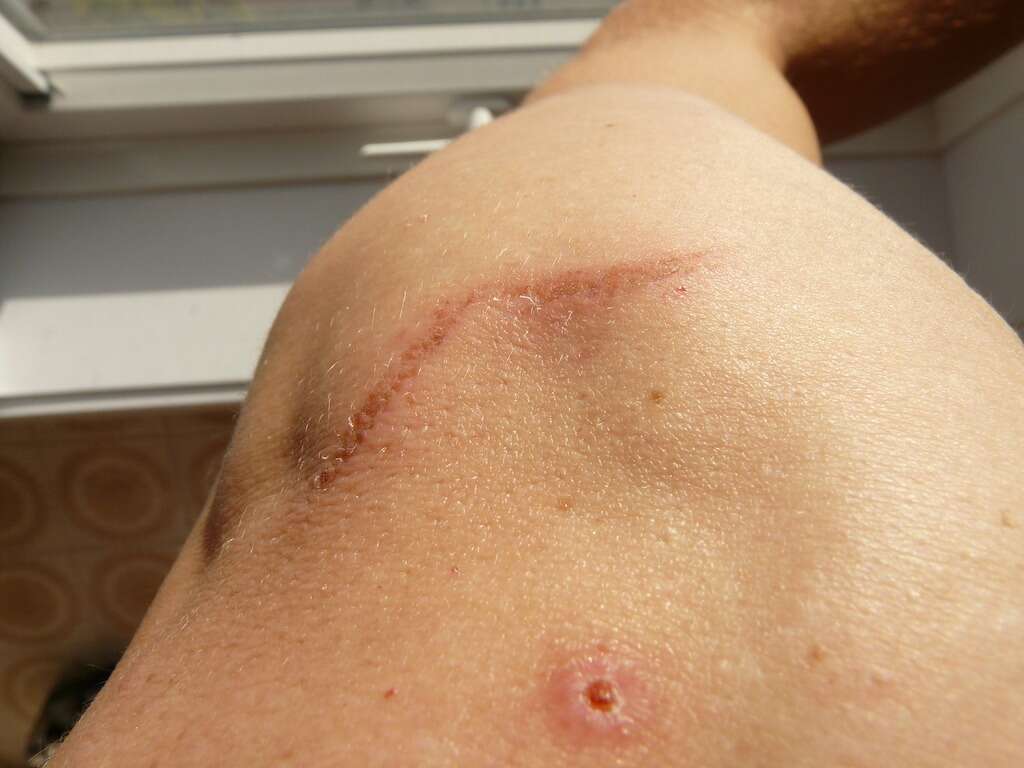
9. Encourages Hair Growth
Massaging vitamin E oil into the scalp helps with maintaining the integrity of hair follicles. Vitamin E protects the cellular membranes in hair follicles and induces capillary growth. Increased capillary growth provides extra blood flow, oxygen and nutrients to the hair follicles.
A small amount of Vitamin E oil also moisturizes dry, brittle hair. Combine vitamin E oil with olive or coconut oil and apply it to the scalp for healthier hair.

10. Supports Immune Health
Vitamin E supports healthy T cells, which play essential roles in the body's immune system. T cells fight infection and activate an additional immune response to help combat complicated infections. Immune cells contain higher concentrations of vitamin E compared to other cells in the blood.
Preventing a vitamin E deficiency helps reduce illness and infections. Taking vitamin E supplements and eating foods high in vitamin E may help boost the immune system. Wheat germ is considered the richest food source of vitamin E.5‘Regulatory Role of Vitamin E in the Immune System and Inflammation.’ PubMed Central, https://www.ncbi.nlm.nih.gov/pmc/articles/PMC7011499.




